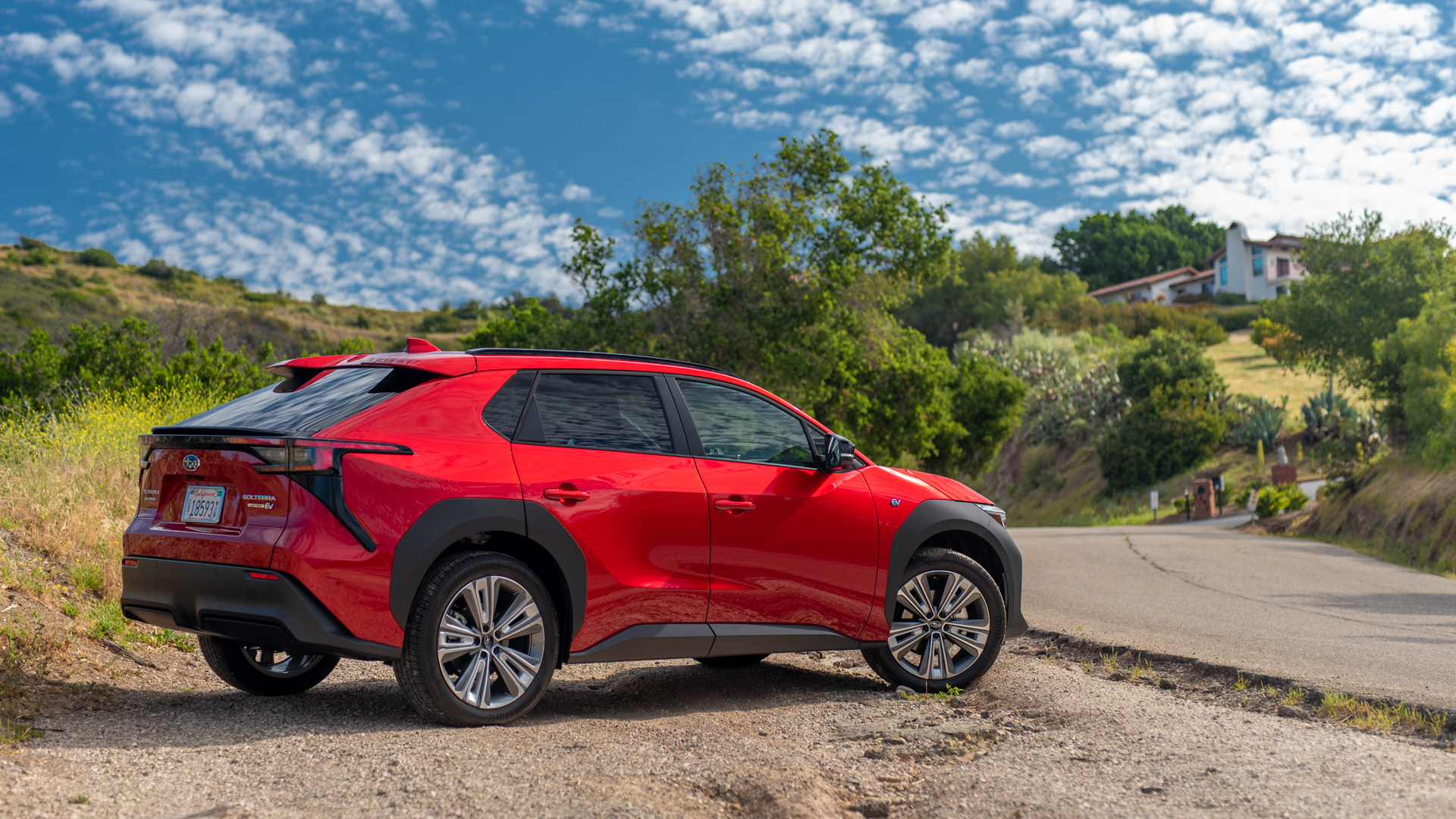

A new study released this month on EV buying habits from George Washington University suggests that buyers would prefer rebates now rather than tax cuts later much larger than previously thought. According to the study, the average EV buyer would have been just as happy with a direct, immediate cash incentive that was $1,440 less than the current $7,500 tax credit (that buyers may not see until they file their next tax return in April).
The study included 2,170 potential car-shoppers from 19 to 92 years old, who were asked questions about their preference for different kinds of incentives: sales tax exemptions, tax deductions, tax credits (which the U.S. government currently offers), or immediate cash rebates. The study showed that most buyers preferred the cash rebates massively over every other form of incentive. Laura Roberson, the lead author of the study, said that for buyers, “…$7,500 in April when I file taxes is the same to me [a hypothetical EV buyer] as $6,000 if you gave me that money at the point of sale.” The researchers noted that if the federal government had just done that, and handed buyers a check for roughly $6,000 instead of using the current tax credit model, they could have saved roughly $2.07 billion from 2011 to 2019 and had the same overall impact on EV buying habits.
The authors also note that a direct check would have been vastly more equitable for buyers, as lower-income car shoppers and people buying used cars valued the immediate cash twice as much as the overall average buyer, and frequently they need the money sooner than next April. It would also broaden the market for EVs, as a significant number of buyers aren’t even eligible for the maximum tax credit because they simply don’t earn enough to receive it; direct cash payments eliminate that problem. The researchers also noted that even under the current tax credit system, education about incentives would help dramatically: 67% of surveyed participants were not even sure what the current federal subsidy was.
Unfortunately, all buyers may find the study moot soon, as automakers increasingly hit their caps of EV sales and the tax credit is phased out. Regardless of preference, full price might be the only option in the near future.
Got a tip? Send us a note: tips@thedrive.com